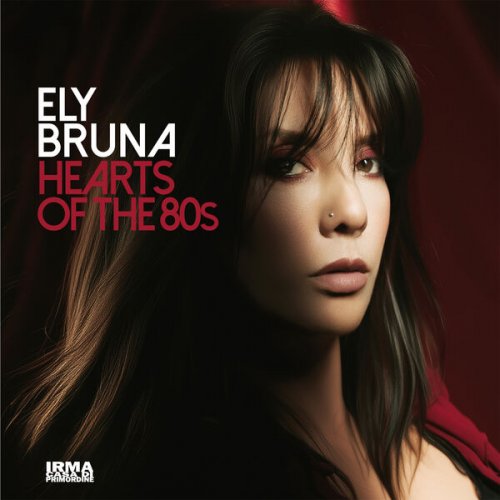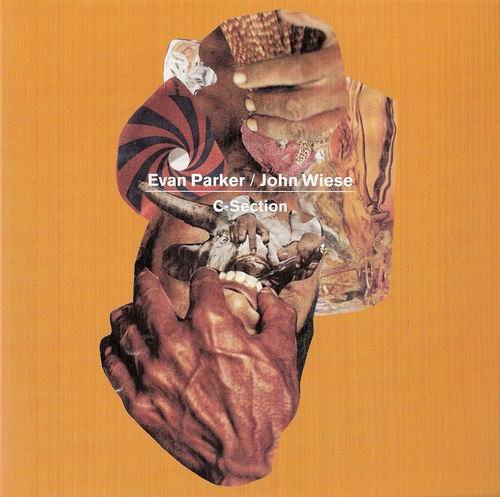Joe McPhee Quintet - Common Threads (1996)
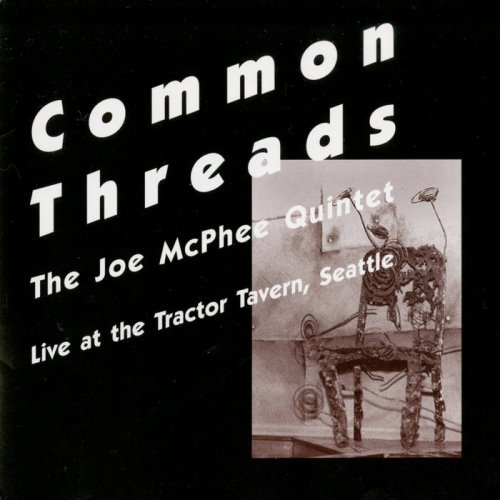
Artist: Joe McPhee Quintet
Title: Common Threads
Year Of Release: 1996
Label: Deep Listening – DL 4-1996
Genre: Free Jazz
Quality: FLAC (tracks+.cue, log)
Total Time: 59:18
Total Size: 184.4 MB
WebSite: Album Preview
Tracklist:Title: Common Threads
Year Of Release: 1996
Label: Deep Listening – DL 4-1996
Genre: Free Jazz
Quality: FLAC (tracks+.cue, log)
Total Time: 59:18
Total Size: 184.4 MB
WebSite: Album Preview
01. Part I: Spirit Traveler (For Don Cherry) (47:31)
02. Part II: Michael's Cipher (4:06)
03. Part III: Red Enchantment (For Joe McPhee, Sr.) (7:39)
For an artist of his stature and years, Joe McPhee has been hopelessly under-recorded. That said, it is also notable that he has never issued or had issued a substandard recording. That's quite a feat. The documentation of this unusual quintet (with Stuart Dempster on trombone, didgeridoo, etc., his son Loren on cello, and bassist Michael Bisio and Evynd Kang on violin and erhu) is no exception. Recorded as part of a weeklong jazz festival, the date took place on October 19, 1995, the day trumpeter Don Cherry passed away. While it's true that McPhee is known primarily as a tenor player, he is also well versed in the pocket trumpet, Cherry's chosen instrument. "Spirit Traveler," the track that opens this disc, is dedicated to Cherry, but it is eerie that it was chosen, with its gorgeous pocket trumpet opening, before McPhee knew of Cherry's passing (he found out during the gig). Musically, "Spirit Traveler" is all one needs to know about what went down that evening, as Kang was purposely missing his flight to join his boss, Bill Frisell in Europe. From a long, Eastern-tinged, modal lyric, the band, under McPhee's subtle and carefully orchestrated direction, the quintet creates a spacious yet wonderfully murky chamber music, utilizing timbre as its force for forward momentum. The three-string instruments are given free rein to cover or open spaces inside this mode and create intervals of their own for McPhee and S. Dempster. They create textures in space by employing timbral chromatics of timbre and tonal extension and contraction to achieve their aims. McPhee merely plays his part as one of the quintet. At no point would he be singled out as the primarily solo instrumentalist. He is the ensemble, guiding gently the soloists -- and everybody here solos often -- to create the proper balance of tension to tonal flexibility. Restraint is measured and executed by morphemic devices employed by each player in the improvisational process. The music unfolds like a dream, weaving a rich, mournful haunting tapestry of colors, spaces, and textures, courting balance and discord equally. The emotional quality of this music paramount, it creates cavernous vistas within the listener's own space for receptivity. By the time the work reaches its apex, McPhee's soulful tone digs deep into the listener's psyche, blows sweet and honking, and takes it out like a gospel tune. The gig doesn't end here, but it could; the other two pieces here are full of their own power and beauty making for a stunning performance, but "Spirit Traveler" is jazz on a whole different level.
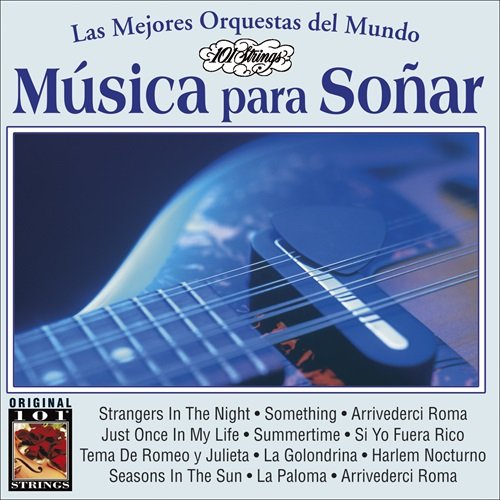
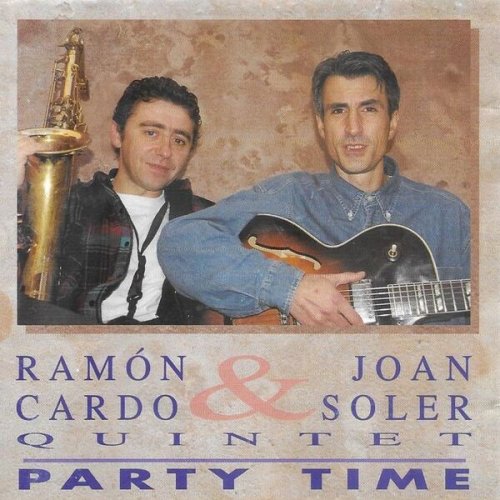
![Noga - Heroes in The Seaweed (2025) [Hi-Res] Noga - Heroes in The Seaweed (2025) [Hi-Res]](https://www.dibpic.com/uploads/posts/2026-02/1771663366_nhs500.jpg)
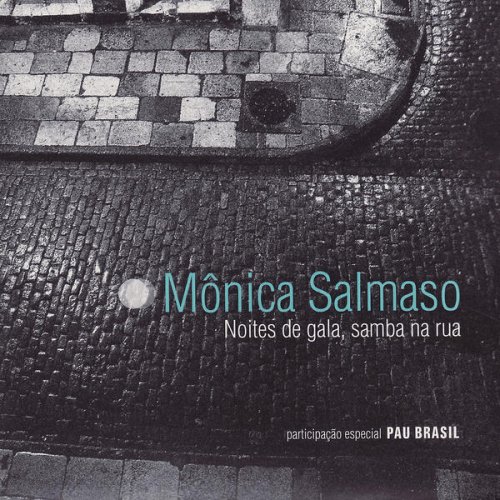
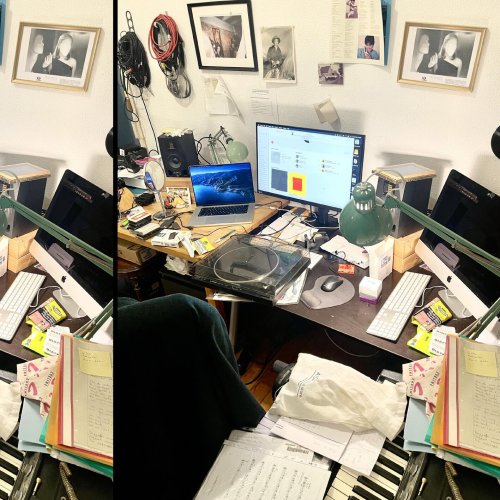
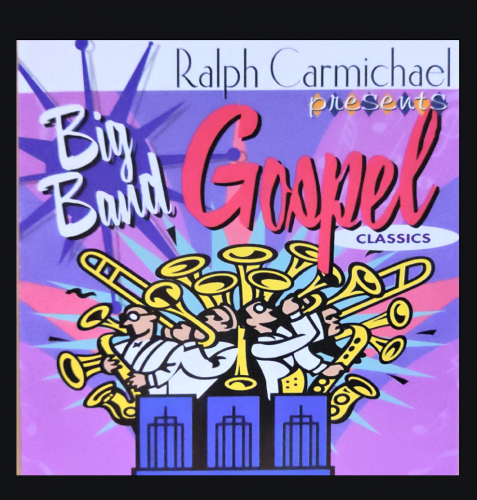
![Youn Sun Nah - Lost Pieces (2026) [Hi-Res] Youn Sun Nah - Lost Pieces (2026) [Hi-Res]](https://www.dibpic.com/uploads/posts/2026-02/1771413579_1.jpg)
